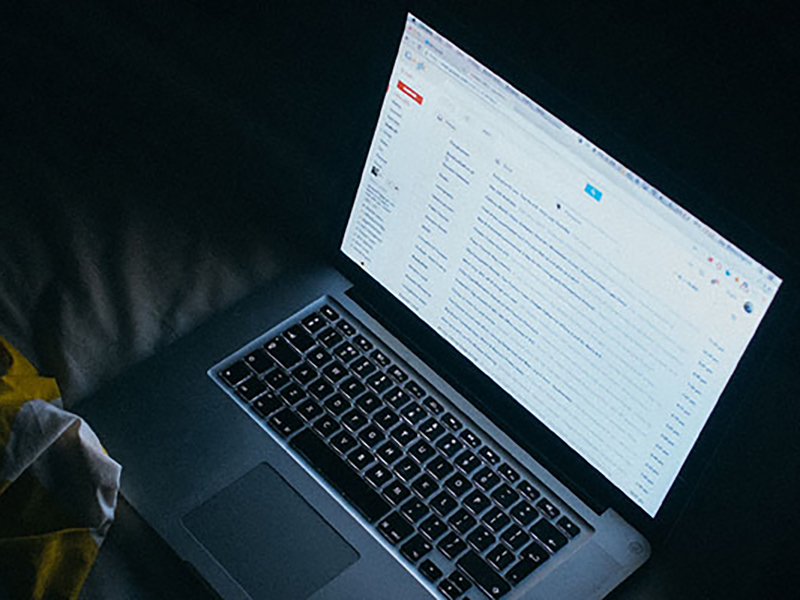Publicity surrounding the exponential rise of Facebook and Twitter would suggest that email newsletters are on their way out. Nothing could be further from the truth.
Social media only strengthens the case for ‘old fashioned’ email. Social media is voracious for new content which doesn’t encourage depth. Its medium of streaming updates isn’t suited to saving and reading at leisure. It complements drawing readers to longer, deeper content posted elsewhere.
Good email newsletters, on the other hand, contain quality content which require research, writing, design and analysis. Recipients can save them to read later, file them to keep, share them with their networks, or print them to read on the bus.
Permission to communicate
Most importantly, email newsletters are a unique form of marketing called, in a phrase coined by modern marketing guru Seth Godin, ‘permission marketing’. As Seth puts it, “Permission marketing is the privilege (not the right) of delivering anticipated, personal and relevant messages to people who actually want to get them.”
For the small wellbeing business owner, email newsletters are markedly different from other forms of marketing. Even among Twitter followers or Facebook friends, email subscribers have given more permission – and more commitment – and should be valued accordingly.
Shades of love
At the core of your email database are your nearest and dearest customers. Treat them to advance notice on your special offers and make sure you they are the first to hear of any useful, topical news, such as changes to private health insurance benefits.
Next are the people who frequently open your emails but may not regularly use, if at all, your services, followed by those who irregularly open your emails. Those who never open them have little value to you and you may consider ‘cleaning’ your list, asking them to re-commit or be deleted.
Then you’ve also got your Facebook friends, Twitter followers and RSS subscribers. To ask these people to commit to receiving your email newsletters, you need to demonstrate value and how being an email subscriber differs.
Remember, you are asking people for commitment, so give them your commitment and respect in return.





